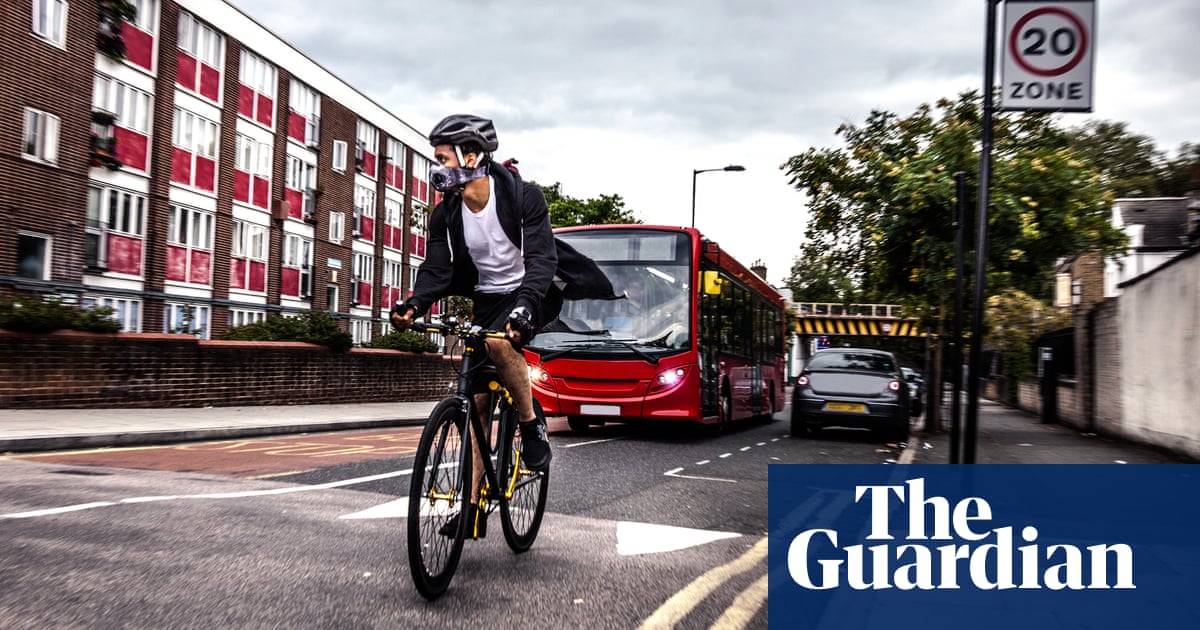Few local policies generate more debate than cycle lanes. But a report has unveiled a surprising obstacle for local councils when planning bike infrastructure: some cyclists.
The study, based on interviews with dozens of councillors and local officials who lead on transport projects across the UK, found that opponents of bikes lanes and similar projects were the most uniformly hostile, but sceptical cycle campaigners were some of the harshest critics.
The research, published in the journalLocal Government Studies, found that slightly less than one-third of interactions about new projects with pro-cycling voices were seen as negative. One respondent to the research wrote: “Cycling campaigners are mostly counterproductive due to their rudeness.”
Another said they felt that councils “find it harder to advocate for more cycle infrastructure, not because people don’t like it, but because people feel that (from their impression from social media) nothing we ever do will make cyclists happy”.
As another put it, while social media posts from cyclists might be aimed at pushing for more action, they “can massively undermine [cycling’s] case, particularly with sceptical councillors”.
In a wider lesson for campaigners of all stripes, the nearly 50 councillors and officials who responded to the study said that while people on social media were often opinionated and noisy, they tended to be listened to less then those who chose other ways to communicate.
Asked to list the forms of engagement most influential on eventual decisions, the councillors and officials almost all cited emails and face-to-face chats, with posts on Twitter, Facebook and other social media sites seen as much more peripheral.
The study, by Dr Alexander Nurse, a reader in urban planning at the University of Liverpool, found multiple concerns about a “very toxic” and “often abusive” debate about cycling, although this was primarily down to opponents, and often those posting anonymously on social media.
This occasionally went beyond virtual targeting, with one councillor describing having details of their address and family published as a threat, while another respondent said they were followed in the street and their family was abused.
Such extreme opposition, the report concluded, generally seemed to be less a reflection of actual local sentiment than, as one person called it, “misinformation … from the libertarian fringe or organisations”.
Nurse said: “This study reveals the shocking extent of abuse directed at public officials, some of which spills into real-world intimidation. One respondent even feared for their children’s safety.
Sign up toFirst Edition
Our morning email breaks down the key stories of the day, telling you what’s happening and why it matters
after newsletter promotion
“While social media is a powerful tool, it doesn’t replace traditional methods when it comes to meaningful community engagement.
“Interestingly, we also found that well-meaning but overly forceful advocacy –particularly from pro-cycling campaigners – can sometimes undermine the very schemes they are trying to support.
“Although focused on cycling infrastructure, the study has broader implications for local democracies worldwide, especially those grappling with complex issues, such as climate action, urban planning, housing and public space.”
